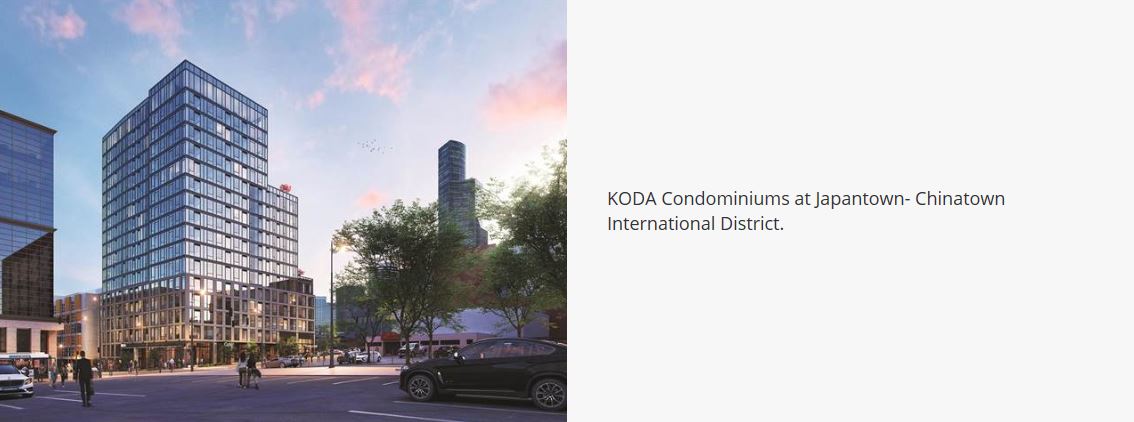Seattle Skyline Soars
Seattle is famous for its skyline, with its Space Needle one of the most recognizable landmarks in the world.
The Pacific Northwest city has seen significant growth, however, and that skyline has “completely transformed, even in the last 10 years,” according to Moira E. Holley, a co-founder of Realogics Sotheby’s International Realty in Seattle.
SPIRE, a new condominium tower Realogics Sotheby’s International Realty is representing, will rise 41 stories in Belltown, between the Space Needle and downtown Seattle. It isset to bring more than 330 units to the area by December 2020.
It’s just one of a number of high-profile construction projects, Holley says. Seattle’s skyline is dotted with 59 construction cranes—the highest number of any U.S. city, according to the January Crane Index from construction analyst Rider Levett Bucknall. In total, it’s estimated that 27,000 housing units will be delivered in the current decade, in what’s become the fastest-growing large city in the U.S. “The challenge with this supply is that 93% of it was purpose-built for rent and not for sale,” adds Dean Jones, President and CEO of Realogics Sotheby’s International Realty. “Home buyers are eager for a next-generation condominium product so they can own their slice of the expanding skyline.”
Much of the city’s growth, no surprise, comes from Amazon.com, which is headquartered there. Other tech companies have followed suit, according to James H. Stroupe, another co-founder of Realogics Sotheby’s International Realty in Seattle.
Indeed, job growth is the No. 1 driver behind Seattle’s expansion. It’s also the No. 2 and No. 3 reasons, he says. “It’s all about job growth,” Stroupe explains, rattling off a list of companies including Facebook, Google, Microsoft, and others that have a Seattle campus. Whole Foods, now under the auspices of Amazon, is also set to expand there. He notes that a lack of state income tax coupled with a livable city and relative affordability compared to the Bay Area have made it a haven for tech titans to recruit and retain.
Residential developments have followed. And a new wave of condos is emerging in Seattle, with more in the wings, Stroupe says.
In fact, SPIRE was originally planned as a rental development, according to Paul Menzies, CEO of Laconia Development, the company behind the project. But the pent-up demand for condos made him reconsider. Homes range from one-bedrooms in the high $600,000s to a four-bedroom on the 36th floor for $4.5 million. More than 20% of the units have sold since sales began in late October.
The 40th and 41st floors will be devoted to amenities, including a fitness center, dog run, and billiards bar. There are also several terraces to enjoy 360-degree views. “It’s not a $1 million view, it’s a $10 million view,” Menzies says. “And it’s enduring, given strategic tower spacing and surrounding zoning.”
In addition to SPIRE, Realogics Sotheby International Realty is handling sales for several other developments, including NEXUS and Gridiron.
NEXUS will bring 389 units to the center of downtown by the end of 2019. Sales started about a year ago, Holley notes, and the project is nearly sold out. Some two- and three-bedroom homes are still available, with prices from the low-$1 millions to the mid-$2 millions.
Gridiron, in Pioneer Square, is a conversion project that will add 107 condos at the 115-year-old Johnson Plumbing Building. Two-bedrooms start at $882,000.
Even Seattle’s most famous building, built in 1962, has gotten a makeover: The Space Needle was updated last year with a modern visitors’ center and a new addition called The Loupe, a revolving glass floor that will give visitors a top-down view of the structure, as well as the rest of Seattle’s changing skyline.




